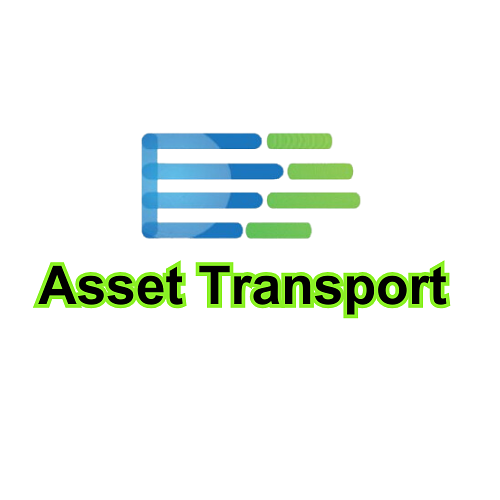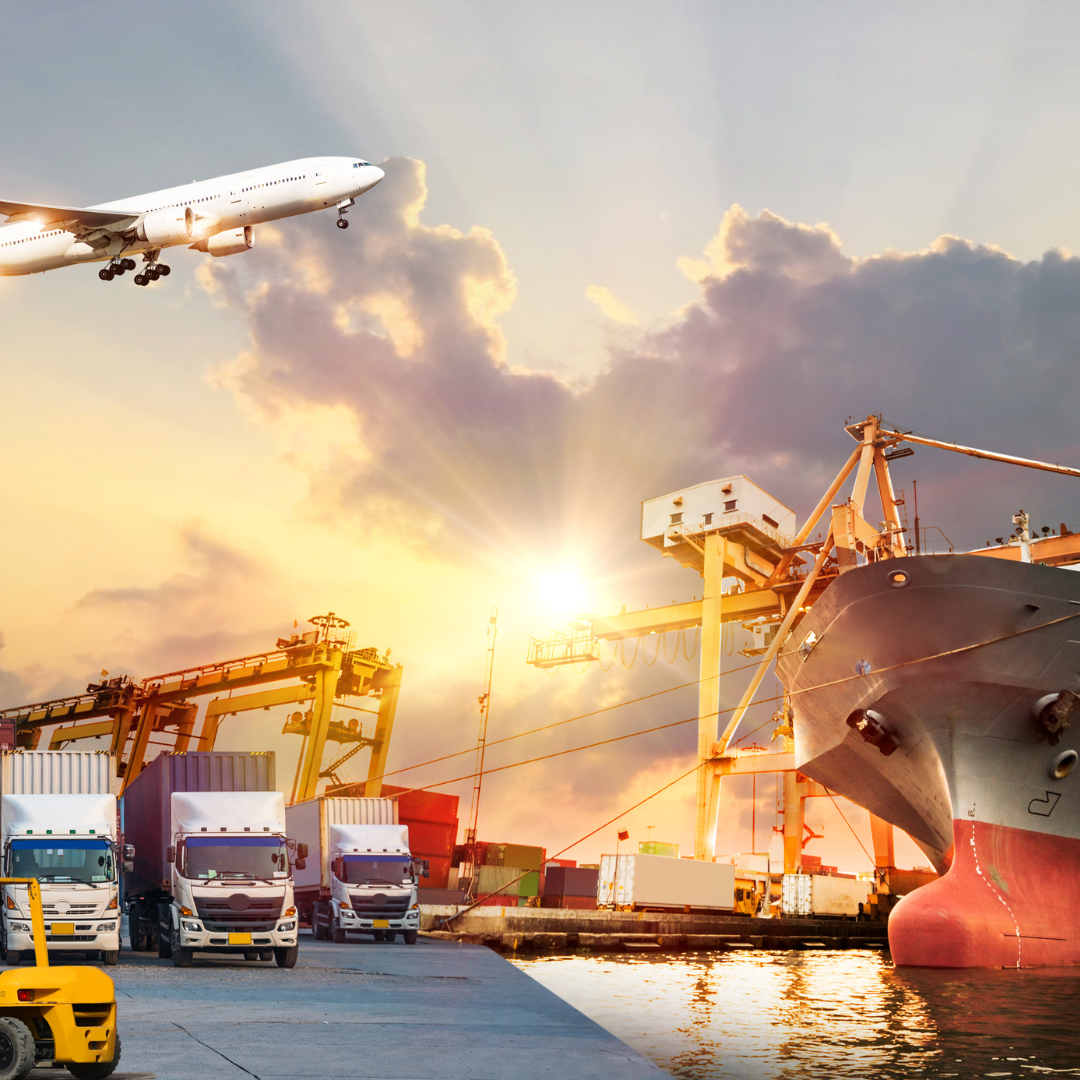As we embrace 2025, the transport and logistics industry stand at the crossroads of revolutionary change. Advancements in technology, an increasing focus on sustainability, and shifting consumer demands are reshaping how goods are moved across the globe. The industry is not just about efficiency anymore—it’s about redefining cost structures, environmental impact, and operational resilience.
In this blog, we explore the top trends driving these transformations and how businesses can prepare to stay competitive in this ever-evolving landscape.
1. Sustainability Driving Industry TransformationGreen Logistics
Sustainability has become a cornerstone of modern logistics, with companies adopting eco-friendly practices to reduce their carbon footprints:
● Electric Vehicles (EVs): Transitioning to electric fleets is no longer optional but a necessity for reducing emissions.
● Alternative Fuels: Hydrogen, biofuels, and other renewable energy sources are rapidly gaining traction.
● Sustainable Packaging: The push for biodegradable and recyclable materials is stronger than ever, reducing plastic waste.
Carbon Neutrality Goals
With many logistics providers aiming for net-zero emissions by 2030, initiatives like carbon offset programs, renewable energy adoption, and emissions tracking tools are becoming mainstream.
2. The Autonomous RevolutionSelf-Driving Trucks
Autonomous vehicles (AVs) are revolutionizing long-haul transport:
● Cost Efficiency: Reducing the dependency on human drivers lowers operational costs.
● Continuous Operations: Self-driving trucks enable 24/7 transportation without driver fatigue.
● Safety Enhancements: Advanced AI minimizes risks associated with human errors.
Automation in Last-Mile Delivery
The rise of delivery robots and drones is transforming last-mile logistics. Retail giants like Amazon and FedEx are leveraging these technologies to meet the increasing demand for fast, contactless deliveries.
3. Smart Logistics with IoT and AIInternet of Things (IoT)
IoT is empowering logistics with real-time insights:
● Vehicle Tracking: GPS-integrated IoT devices offer precise shipment visibility.
● Condition Monitoring: Sensors ensure the safety of temperature-sensitive goods, like food and pharmaceuticals.
● Predictive Maintenance: Proactively addressing vehicle issues reduces downtime and maintenance costs.
Artificial Intelligence (AI)
AI is optimizing logistics operations through:
● Route Optimization: Identifying the most fuel-efficient routes in real time.
● Demand Forecasting: AI algorithms predict inventory needs to avoid shortages or overstocking.
● Warehouse Automation: Robotics powered by AI are streamlining inventory management, picking, and sorting.
4. E-Commerce Transforming Last-Mile Logistics
As e-commerce continues to thrive, the need for innovative last-mile delivery solutions becomes increasingly vital.
● Same-Day Delivery: Companies are investing in ultra-fast delivery options to meet customer expectations.
● Micro-Fulfillment Centers: Strategically placed facilities are reducing delivery times significantly.
● Crowdsourced Delivery Models: Leveraging gig economy platforms, such as DoorDash and Instacart, is redefining delivery services.
5. Advanced Robotics in Warehousing
Robotics continues to revolutionize warehouse operations:
● Autonomous Mobile Robots (AMRs): These robots navigate warehouses independently, boosting efficiency.
● Collaborative Robots (Cobots): Designed to work alongside humans, cobots increase productivity without replacing the workforce.
● AI Integration: Smart robotics systems are minimizing errors and accelerating order fulfillment processes.
6. Blockchain Ensuring Transparency
Blockchain technology is enhancing trust and security in logistics:
● Immutable Records: Ensures secure transactions and prevents fraud.
● Traceability: Tracks goods from origin to delivery, fostering transparency.
● Smart Contracts: Automates payment and compliance processes, saving time and reducing errors.
Real-World Applications
● Food Supply Chains: Blockchain ensures the freshness and safety of perishables.
● Pharmaceutical Logistics: Secure and accurate records for temperature-sensitive drugs.
7. Big Data Analytics Shaping Decisions
Big data is transforming decision-making in logistics by providing actionable insights:
● Fleet Management: Optimizes fuel consumption, driver behavior, and route efficiency.
● Customer Insights: Enables personalized delivery experiences and enhances customer satisfaction.
● Risk Management: Predictive analytics help anticipate disruptions, such as weather events or geopolitical tensions.
8. Urban Logistics and Smart Cities
The rise of urban populations has led to innovative logistics solutions for congested areas:
● Smart City Integration: IoT and AI enable efficient logistics flows.
● Urban Consolidation Centers: Central hubs reduce delivery traffic and emissions.
● Electric Cargo Bikes: Providing eco-friendly last-mile delivery options in dense cities.
9. Cybersecurity in Logistics
With the increasing digitization of logistics, cybersecurity has become a critical concern:
● Protecting Sensitive Data: Preventing breaches and ensuring customer privacy.
● Mitigating Ransomware Threats: Establishing robust protocols for uninterrupted operations.
● Blockchain Security: Offering additional safeguards against tampering and fraud.
10. Building Resilient Supply Chains
The pandemic exposed vulnerabilities in global supply chains, highlighting the need for resilience:
● Diversification: Reducing reliance on single suppliers or regions.
● Local Sourcing: Nearshoring and onshoring mitigate international shipping risks.
● Scenario Planning: Advanced modeling tools prepare businesses for disruptions.
How Businesses Can Prepare
To remain competitive, companies must:
● Embrace Technology: Adopt solutions like AI, blockchain, and robotics to stay ahead.
● Focus on Sustainability: Commit to eco-friendly operations to align with consumer and regulatory expectations.
● Enhance Customer Experiences: Invest in fast, reliable, and transparent delivery services.
● Upskill Workforces: Equip employees with the skills to operate advanced technologies seamlessly.
Conclusion: Embrace the Future with Asset Transport
The transport and logistics industry in 2025 is on the brink of extraordinary transformation. Companies that proactively adapt to these trends will not only streamline operations but also lead in redefining global goods movement.
At Asset Transport, we are committed to staying ahead of these innovations, ensuring efficient, eco-friendly, and customer-centric logistics solutions. Let us help your business navigate the future of logistics. Contact Asset Transport today and partner with us to drive success in 2025 and beyond!

